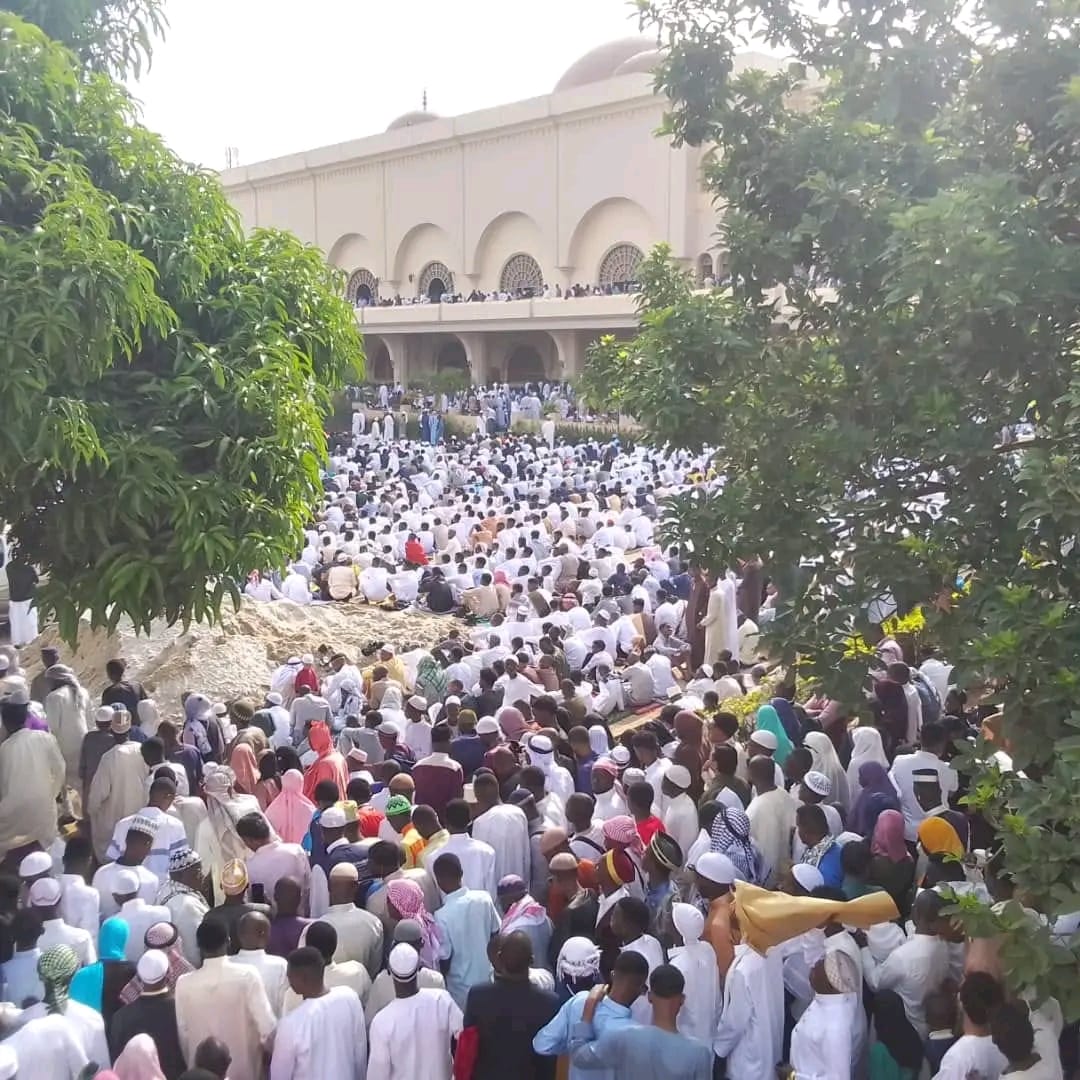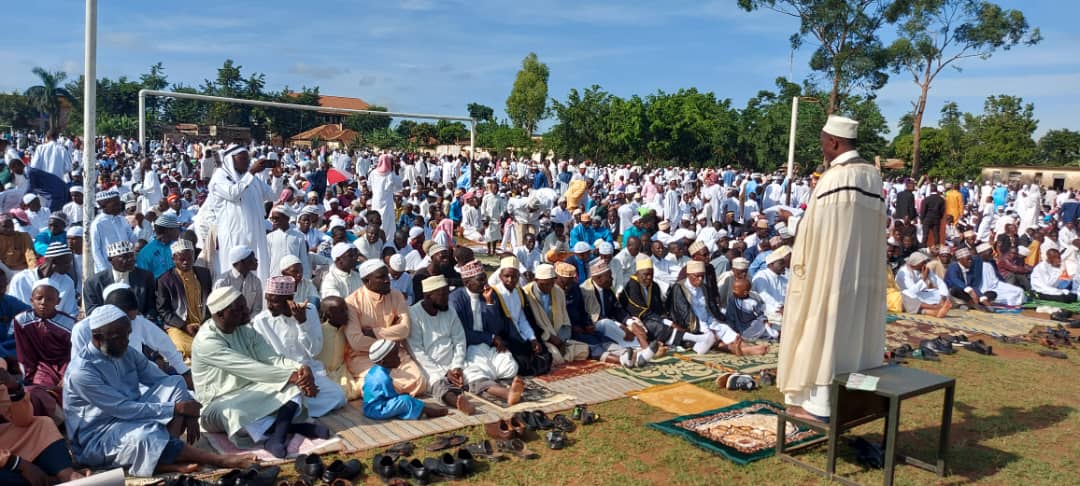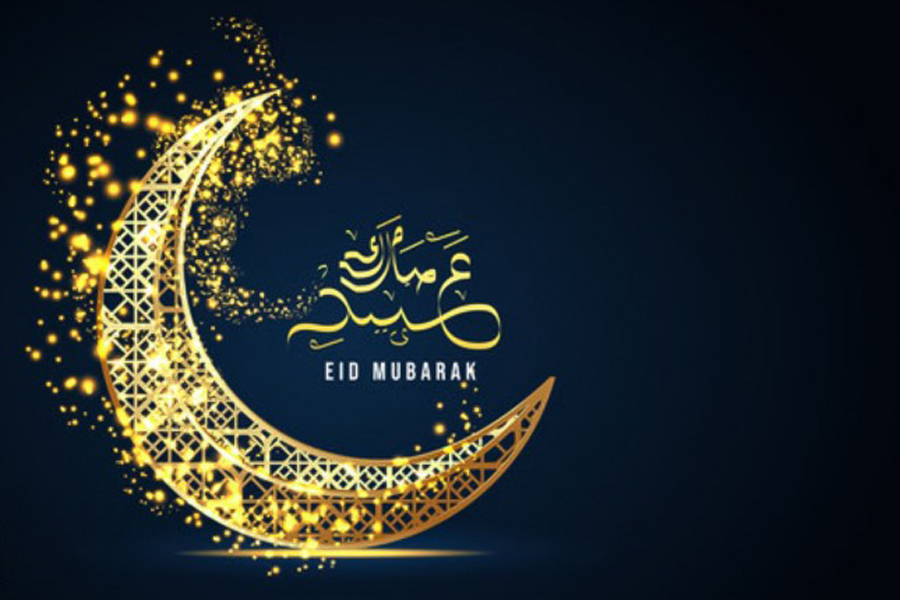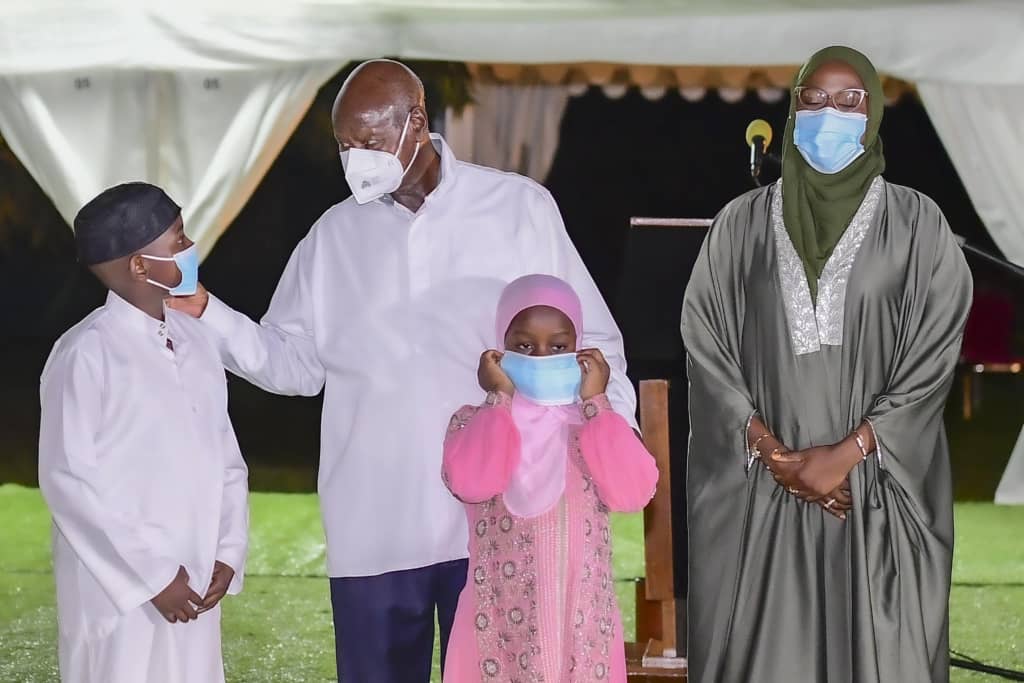As we celebrate Eid, here is what Ugandans need to know about Islam
 Hajji Ahmed Kateregga Musaazi
Hajji Ahmed Kateregga MusaaziKeep Reading
Muslims throughout the world are enthusiastic having successfully ended the sacred month of Ramadhan and are enjoying Eid El Fitri today. On this special day of blessing, as a devoted moslem, I have found it prudent to educate the moslem and non moslem Ugandans about the holy month of Ramadhan, Eid El Fitri, the Islamic Calendar and much more in regard to Islam for a better understanding of our faith.
Ramadhan
There are two celebrations in the Islamic calendar that have the name of Eid - Eid-el-Fitr and Eid-el-Adhuha. Both of these festivities fall on important dates; Eid-el-Fitri takes place on the first day of Shawwal, following the conclusion of the Holy month of Ramadan, while Eid-el-Adhuha follows the annual Hajj pilgrimage and is a commemoration of Prophet Ibrahim’s devotion to Allah (SWT).
Islamic tradition states that it was during Ramadan, on the “Night of Power” (Laylat al-Qadr)—commemorated on one of the last 10 nights of Ramadan, usually the 27th night—that God revealed to Prophet Muhammad the Qurʾān, Islam’s holy book. For Muslims Ramadan is a period of introspection, communal prayer (ṣalāt) in the mosque, and reading of the Qurʾān. God forgives the past sins of those who observe the holy month with fasting, prayer, and faithful intention.
Islamic Calendar
Muslim calendar, also called Hijrī calendar or Islamic calendar, dating system used in the Muslim world for religious purposes. (Most countries now use the Gregorian calendar for civil purposes.) It is based on a year of 12 months, each month beginning approximately at the time of the new moon. The months are alternately 30 and 29 days long except for the 12th, Dhū al-Ḥijjah, the length of which is varied in a 30-year cycle intended to keep the calendar in step with the true phases of the moon. In 11 years of this cycle, Dhū al-Ḥijjah has 30 days, and in the other 19 years it has 29. Thus, the year has either 354 or 355 days. No months are intercalated, so that the named months do not remain in the same seasons but retrogress through the entire solar, or seasonal, year (of about 365.25 days) every 32.5 solar years.
What Does Eid-el-Fitri Mean?
Eid-el-Fitri translates from Arabic as, ‘the festival of the breaking of the fast’, and is a celebration which traditionally takes place over a three-day period. The festival of Eid holds great importance in Islam and is a time for loved ones and communities to come together. We celebrate Eid to mark the conclusion of the blessed month of Ramadan, which commemorates the moment when the Holy Quran was first revealed to Prophet Mohammed (PBUH). After the month of sacrifice and reflection, Eid is a time to rejoice with family and friends and exchange gifts with loved ones.
‘The month of Ramadan is that in which was revealed the Qur'an, a guidance for the people and clear proofs of guidance and criterion. So, whoever sights the new moon of the month, let him fast it; and whoever is ill or on a journey - then an equal number of other days. Allah intends for you ease and does not intend for you hardship and wants for you to complete the period and to glorify Allah for that to which He has guided you; and perhaps you will be grateful.’ - Quran 2:185
When is Eid Celebrated?
Taking place as the Holy month of Ramadan draws to a close, the date when Eid is celebrated is dependent on the sighting of the new moon. Once the sighting is confirmed, the festival of Eid-el-Fitri can begin.
In Uganda, a special announcement is done by the Director of Shariah at Uganda Muslim Supreme Council Old Kampala; Sheikh Yahaya Kakungulu. However, unlike in the past when either Ugandan Muslims climbed trees and anti-hills to site the new crescent, nowadays, they only wait for an announcement from Mecca, in the Kingdom of Saudi Arabia.
Critiques say that it is against Prophet Muhammad’s Hadith which said that “Begin fasting after sighting the new moon and stop fasting after sighting the new moon.” However, some scholars say that since Uganda and Saudi Arabia are in the same altitude, they sight the new crescent at the same time.
There is however Africa Muslim Community Juma Sect popularly known as Bukoto Nateete, that was founded by Sheikh Abdullah Ssekimwanyi, the first Ugandan to perform pilgrimage to Mecca in 1920, who was succeeded by Sheikh Zaid Mugenyasooka in 1948, that begin and end fasting according to the calendar without necessarily sighting the new moon. They quote the Holy Qur’an, Surat Al Rahmaanu, Verse 5 : Assamsu walkamaru bihusibinan, which means that the sun and the moon are followed with counting hours and days respectively.
In Uganda, both Eid El Fitri and Eid Al Adhuha are public holidays by an act of parliament, thanks to a motion moved by the late Abbey Kafumbe Mukasa, who was Deputy Minister for Finance and planning, who moved an amendment to include Eid Adhuha , among the public holidays in addition to Eid El Fitri, which was a public holiday since independence.
How to Celebrate Eid
The first day of Eid follows an important routine that must be carried out throughout the day to properly show your devotion to Allah (SWT). The day begins by greeting your family and performing the Fajr salah (dawn prayer) followed by the ritual of ‘ghusl’, meaning to purify the whole body through an act of cleansing.
Following the ablution (the act of washing oneself in the intent of purification) you, together with your family, will prepare your clothing for the day. Traditionally, new ornate clothing is purchased for the occasion, although some people choose to wear their finest outfits. Families will then go to the local Masjid and worship in congregation before greeting one another with "Eid Mubarak", which translates to 'have a blessed Eid'.
Before the beginning of Eid prayers, Zakat al-Fitri must be paid. This is the donation that goes to the poor and needy, allowing those who would normally go without to join in the celebrations of this Holy day. This act of giving is surely rewarded by Allah; ‘Those who believe, and do deeds of righteousness, and establish regular prayers and regular charity, will have their reward with their Lord. On them shall be no fear, nor shall they grieve’ - Surah Al-Baqarah 2:277
Uganda is a multi-religious and multi-cultural but very tolerant society where the majority Christians join Muslims in celebrating Eid feasts as individuals and as families. Muslims do the same during Christmas and Easter festivities although the Salaf Sect is totally opposed to Muslims observing Christian festivities.
Even at the Vatican, the Pope usually wishes Muslims well on Eid days and the Grand Mufti of Al Azhar in Egypt does the same to the Patriarch of Greek Orthodox Church in Alexandria.
Blessed Eid El Fitri to all muslim, non muslim Ugandans and the world at large. May Allah grant us all what our hearts desire the most as a result of our relentless prayers and good deeds during the month of Ramadhan. And for the muslims, as much as it is Sunnah Mustahabbah, not Wajib (mandatory) like Ramadhan, please let us endeavor to fast Sitat, keeping in ind the fact that it is rewarded as if you fasted a whole year as was reported in a sahih hadith from the Prophet (peace and blessing of Allah be upon him). I will write about the importance and benefits of fasting these important six days of shawwal in detail next time.
The writer is a Communications Assistant at Government Citizen Interaction Centre (GCIC), Ministry of ICT and National Guidance.



















